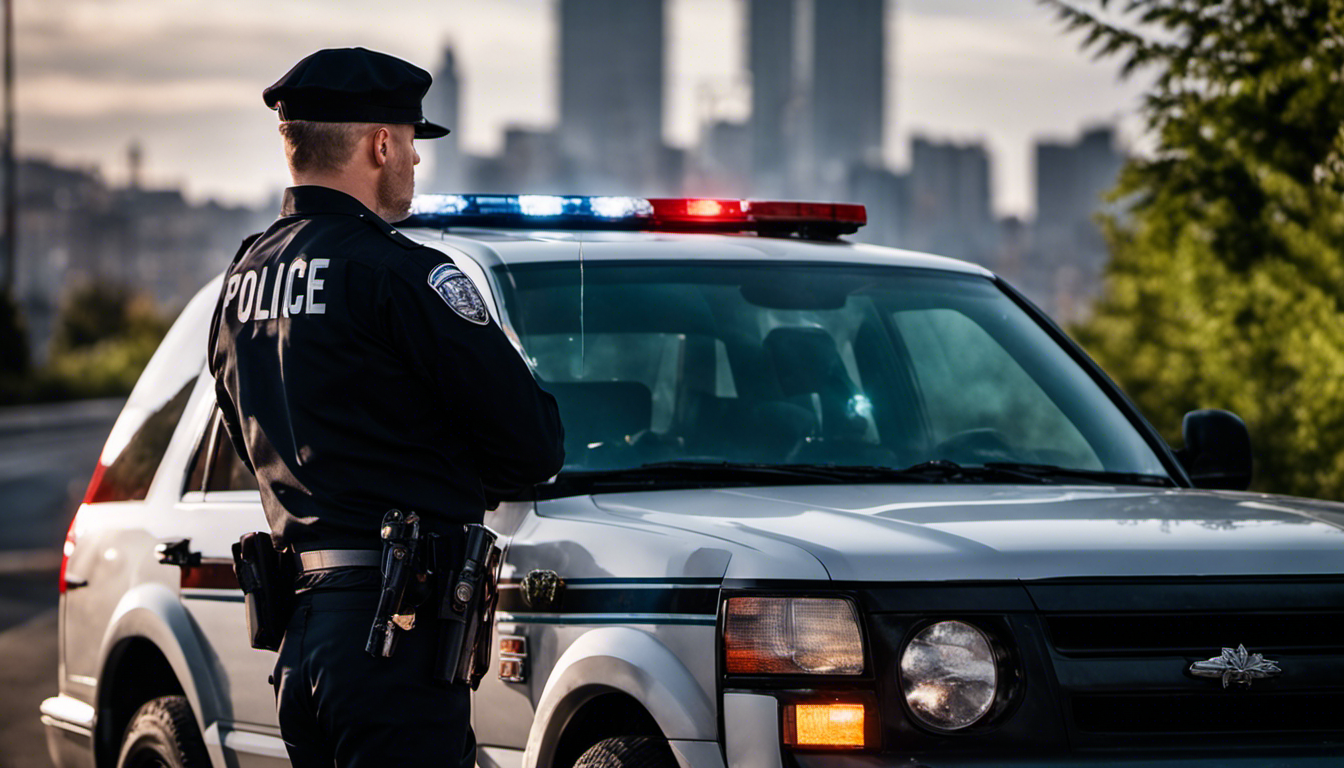As cannabis legalization spreads across the United States, law enforcement agencies are grappling with how to handle intoxicated driving cases involving the substance. In a recent unanimous decision, the Illinois supreme court ruled that the smell of burnt cannabis alone is not sufficient grounds for police to conduct a warrantless vehicle search, a move that aligns with the approaches of five other states.
The court’s decision marks a shift in the way cannabis is treated in relation to alcohol, with police now required to conduct further investigations to determine whether a driver is impaired. This change is significant, as it recognizes that while cannabis itself is legal, driving under the influence of the substance is still a crime.
The distinction between cannabis and alcohol is crucial, as there is no reliable test like a breathalyzer to determine impairment. As a result, police officers must learn to recognize other signs of intoxication, such as altered behavior or speech patterns.
The Illinois decision is part of a broader trend, with many states treating cannabis like alcohol when it comes to policing intoxicated driving. In contrast, Wisconsin’s supreme court has ruled that the smell of cannabis in a vehicle is sufficient grounds for a search, a decision that reflects the state’s continued prohibition on recreational cannabis use.
The implications of these decisions are far-reaching, with some arguing that laws targeting individual cannabis consumers can be problematic and selectively enforced. For example, laws requiring cannabis consumers to keep their smells to themselves can disproportionately affect vulnerable populations, such as unhoused individuals and people of color.
Moreover, these laws can create tension between cannabis businesses and their neighbors, with some residents filing lawsuits over perceived odors. In one notable case, residents of a beachside town in California are suing cannabis facilities over a “sewer-like” smell, which they claim is causing their property values to decline.
As the cannabis industry continues to evolve, it is clear that the legal landscape surrounding intoxicated driving will continue to shift. While some states are moving towards treating cannabis like alcohol, others are maintaining a more restrictive approach. Ultimately, the key to effective enforcement will be finding a balance between recognizing the legal status of cannabis and addressing the risks associated with impaired driving.












